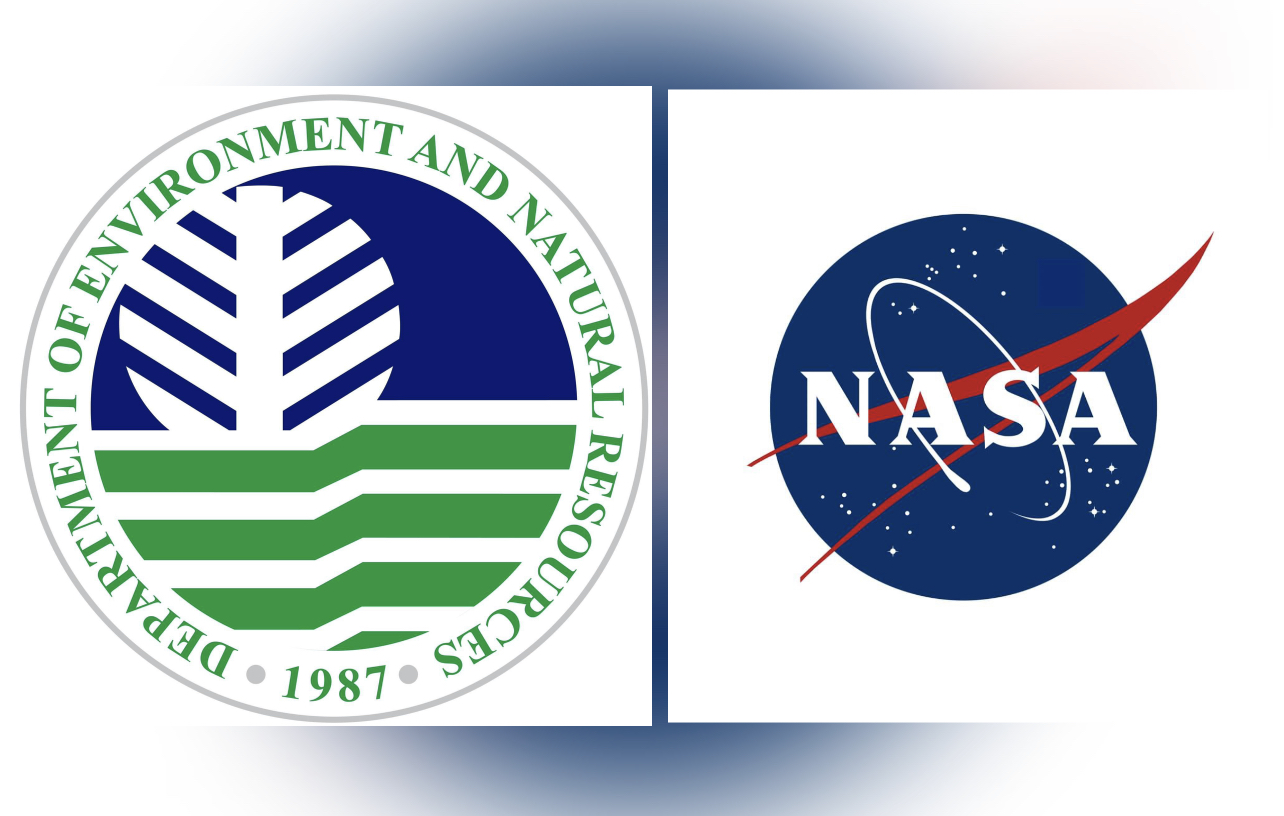DENR partners with NASA for air quality research in Metro Manila
By Jel Santos

The Department of Environment and Natural Resources (DENR) will work with the National Aeronautics and Space Administration (NASA) in the conduct of specialized scientific research flights dedicated to studying the atmosphere of Metro Manila and its surrounding regions.
DENR Secretary Maria Antonia “Toni” Yulo-Loyzaga said the partnership includes engineers and air quality specialists from the Environmental Management Bureau (EMB) participating in flights to gain insights from NASA scientists on board.
"This collaboration with NASA and other respected partners will lead to significant advances in our understanding of air pollution and our ability to tackle this pressing issue,” Loyzaga stated.
In addition, the DENR secretary said that information obtained from these research flights will be extremely important to our efforts to mitigate public health risks related to air quality and to combat climate change.
The agency said the joint effort, dubbed Airborne and Satellite Investigation of Asian Air Quality (ASIA – AQ), involves experts from NASA, the Philippines' DENR, South Korea's National Institute of Environmental Research (NIER), Universiti Kebangsaan Malaysia (UKM), and Thailand's Geo-Informatics and Space Technology Development Agency (GISTDA).
The NASA mission, according to Loyzaga, would utilize advanced satellite technology, ground-based observations, and airborne missions to gain deeper insights into the unique air quality challenges faced by Metro Manila.
“The collaboration will help to improve air quality models, provide accurate forecasts, and develop effective policies to ensure better air quality in the future,” she said.
The collaboration in the Philippines includes the Philippine Space Agency, the Manila Observatory, the Ateneo de Manila University, and the University of the Philippines, the agency said.
“These organizations are joining hands to understand and tackle air pollution challenges in the region,” the DENR stated.